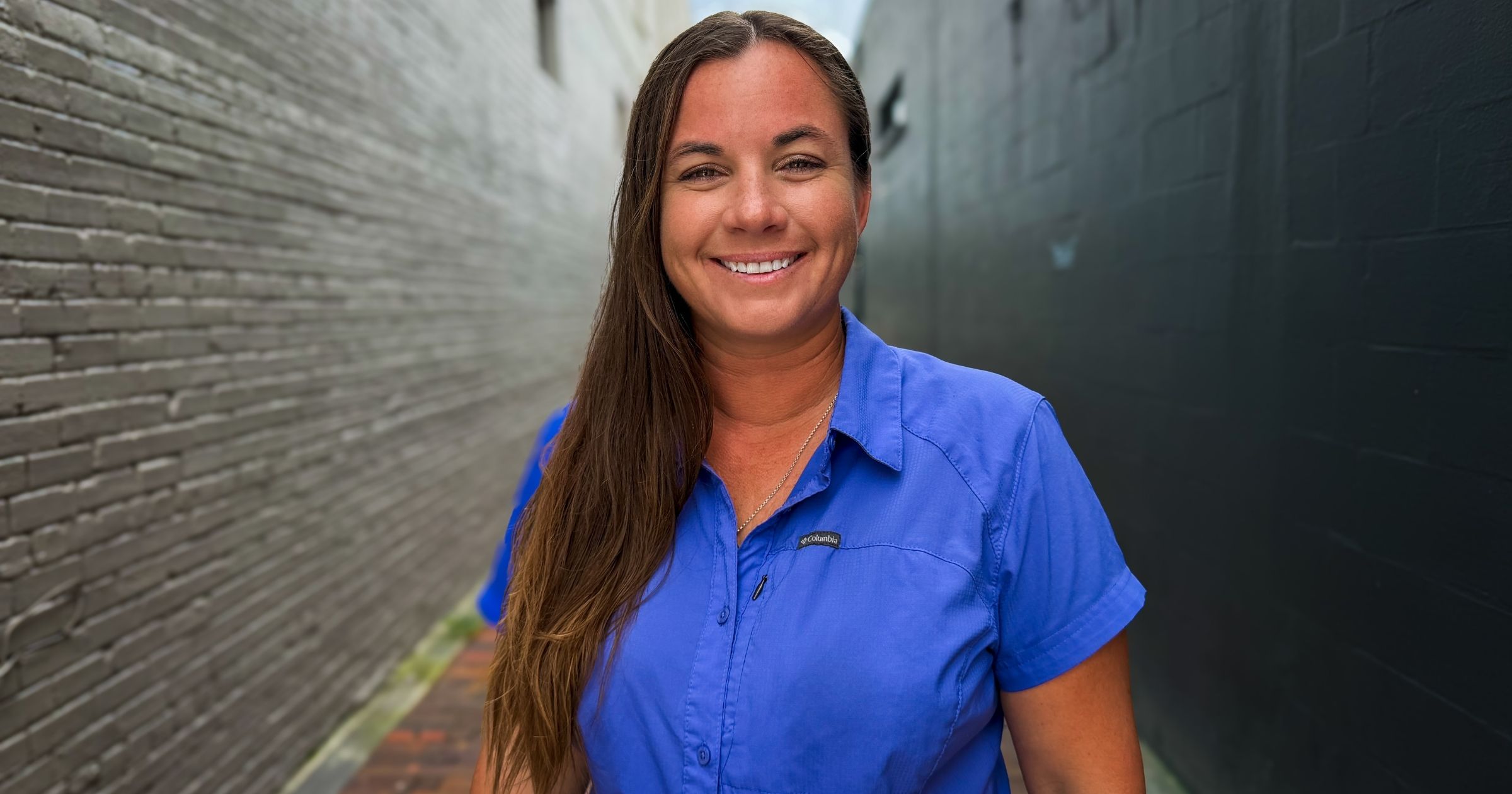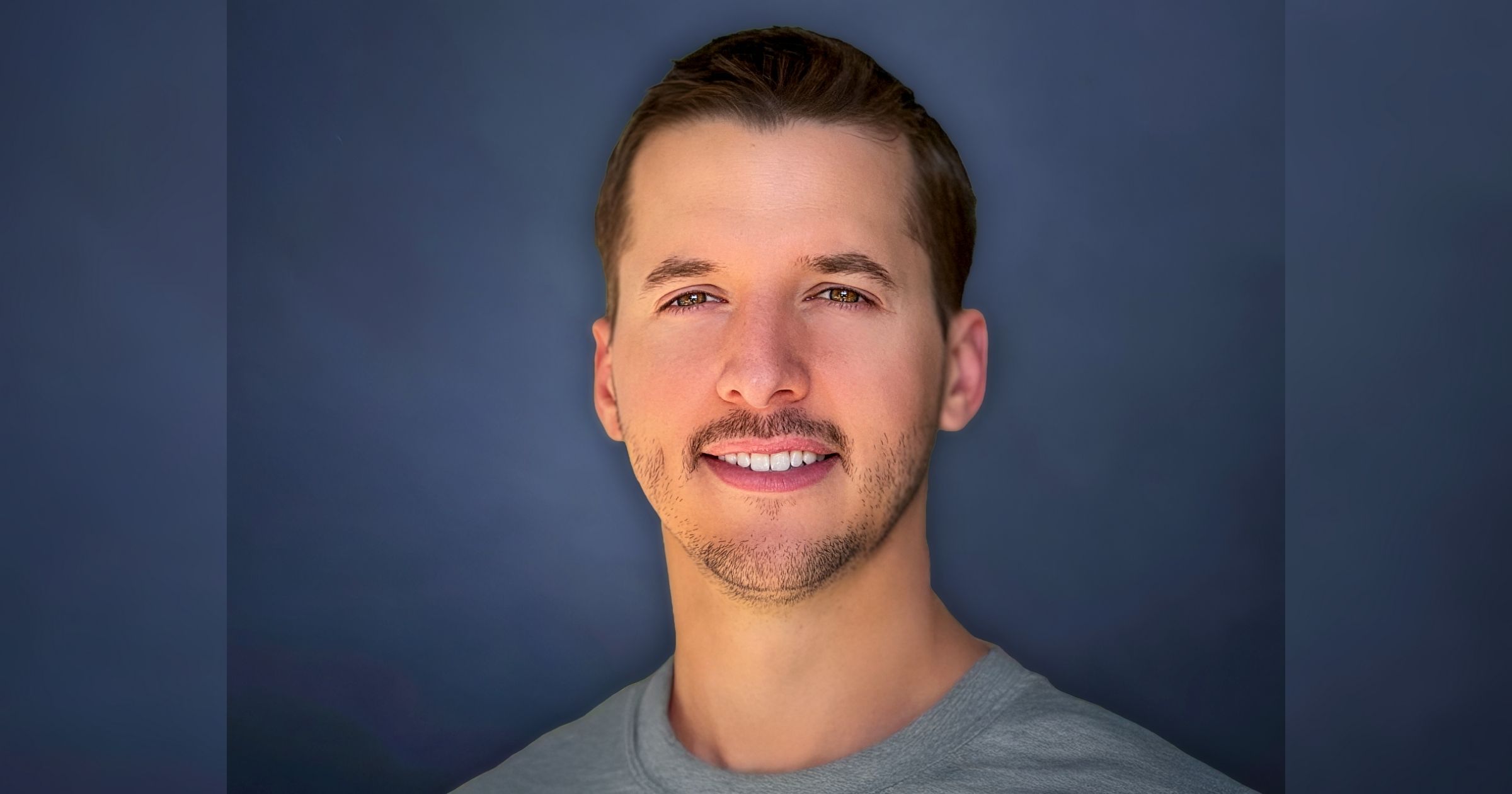Terry Fischer: Interesting Times
Terry Fischer entered the motorcoach industry in summer 1986. Following school, he remained a tour bus driver in the Canadian Rockies, based out of Banff, Alberta, working through the 1988 Olympics in Calgary before joining his father's school bus company, also in Calgary. When his father sold the company and retired, Terry moved on to a company in Vancouver and eventually bought Transportation Charter Services, in Southern California.
TCS, primarily focused on tour and travel, was much different on January 1, 2012. "We went from 18 to 80 buses in eight years." Fischer also presides over Gray Line affiliate Polynesian Adventure Tours in Hawaii, operating scenic tours. The statewide operation has about 180 units, a third of them minibuses. His was a busy world, until COVID-19.
"We watched all of our business—every market segment—grind to a complete halt by the third week in March. We watched it virtually evaporate. Fleets have been parked since March." Fischer waits for the government call on when he can reopen; no one mentions where tourism fits in. What some thought might be a quick pause became indefinite silence. "It's really difficult to plan travel. People are canceling and rescheduling for 2021. It's going to be interesting to see how this plays out."
TCS relies on tour operators, college and pro sports, student travel, conventions. "It really hit for me the day the NBA shut down regular season play."
Fischer was encouraged by filled flights when heading to Washington, D.C., for Motorcoaches Rolling for Awareness. He suspects domestic travel may become attractive. "The airports felt like they'd gone to great extents." He co-leads the American Bus Association's industry recovery taskforce, developing best practices to ensure employee and passenger health and safety. "Our industry went to work on this weeks ago—on what we'll have to do to instill confidence in traveling on a motorcoach." The spotless equipment TCS staff prides themselves on? It's now an expectation.
"We've amped it up, cleaning and disinfecting. We have to band together as an industry to promote showroom-clean, disinfected coaches. It's what our customers will expect." Still, there's always a competitive aspect. "We threw our information on our website right away. TCS really got out in front of this with these best-practice protocols."
Motorcoach business is quieter December through February, then runs hard through June. TCS was about 10 days into where the season would hit, when everything stopped; it's uncertain when things will open back up. "I worry horribly for our industry—for travel and tourism. It's interesting times, making us all ponder and contemplate." Still, he's excited for the economy and travel to get rolling.
Fischer's been involved with industry associations, notably ABA's board of directors and executive committee. He's proud of the industry and TCS—a family business that in 2014 became part of shareholder organization International Motorcoach Group. A few years later, TCS won the peer-voted IMG Spirit Award; as part of ABA, TCS was METRO's Innovative Operator of the Year.
His brother Kevin left the ski industry to join TCS as Vice President of Operations. "A lot of the skills he brought were a real catalyst to help our company grow. That's when I really feel like we grew substantially." Fischer's wife, Kathryn, Vice President of Sales, began her tenure in the Virginia Beach hotel industry. "Her sales efforts and abilities are a sizeable contributor to our success. You need good structure, policies, governance."
Relationship building, too, is critical to Fischer's success. "You can put together a great operation and do everything right, but if you have no relationship and no customers you're back at the starting line."
While in school, Terry Fischer trained as an athlete in volleyball and skiing, and learned discipline, perseverance, and thinking on his feet—things he lives by in the bus business.
"It probably gave me some of my best life lessons. When you're in a game situation and everything is happening so fast—every time that ball is served at you it's like a crisis. You have to think fast and deal with it—how you deal with those difficult situations."
Written by Amy L Charles, Editorial Director for Groups Today.
This article originally appeared in the July/Aug 2020 issue of Groups Today.



